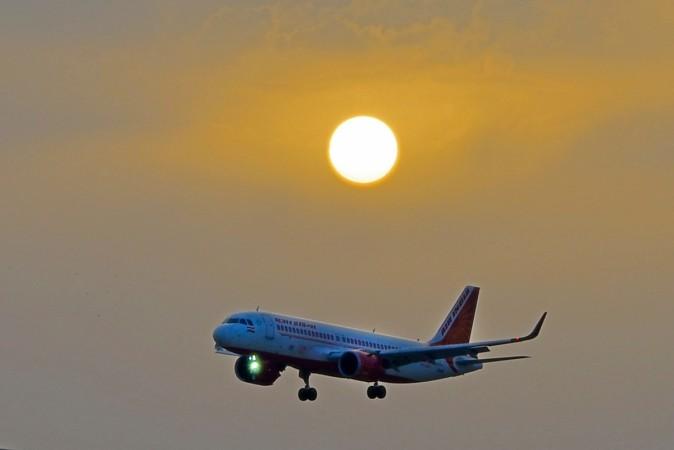
Finance Ministry's reported move to pare down the debt of Air India to Rs 30,000 backed by its assets and an offer of 100 per cent equity may finally help Prime Minister Narendra Modi's government divest the national carrier. This is the government's second attempt to privatize the debt-laden airline after the government failed to find any takers last year when it sought to retain 26 per cent stake.
Expression of interest
This time Finance Minister Nirmala Sitharaman is in a must-sell situation after failing to rein in the widening fiscal and revenue deficits. The massive corporate dole in the form of corporate tax cuts has dented the revenue and widened the deficit, reports say. The government has set a Rs 1 lakh crore target from divestment this fiscal year.
Last month, an inter-ministerial group examined the question of allowing 100 per cent equity.
They may sweeten the deal by writing off more half of Air India's $11 billion debt, media reports said citing people with knowledge. The government may limit the debt burden on the bidders to Rs 30,000 crore backed by the carrier's aircraft. The government may call for expression of interest by December 15, according to sources.

The government may have to write off the debt of Rs 50,000 crore, sources say. After last year's failed attempt to offload Air India stake, the government created a special purpose vehicle, Air India Assets Holding Ltd (AIAHL) to which about Rs 30,000 crore debt and non-core assets were transferred. The AIAHL has managed to raise about Rs 8,000 crore from a bond issue to service the debt and hopes to raise another Rs 10,000 crore.
Currently, in the aviation sector, 100 per cent FDI is allowed in the automatic route for MRO (maintenance, repair, overhaul), ground handling, and aircraft purchase and not for core operations. The government will have to change this rule to allow the Air India stake sale.
Government route
Last month, an inter-ministerial group examined the question of allowing 100 per cent equity. "We are looking at sectors where 100 per cent automatic route is not there. We are looking at all those sectors and are talking to all those departments, whether they want further liberalisation in that," a report quoting an unidentified official then said.
The Department for Promotion of industry and Internal Trade (DPIIT), tasked with the government's privatization drive, has been consulting various trade and investment bodies to understand their requirements. Although FDI is allowed through automatic route in most of the sectors, certain areas such as defence, telecom, media, pharmaceuticals and insurance, require government approval for foreign investors. Under the government route, a foreign investor has to get the approval of the respective ministry or department. Compared to that, the automatic route allows the investor to inform the RBI after an investment is made.













